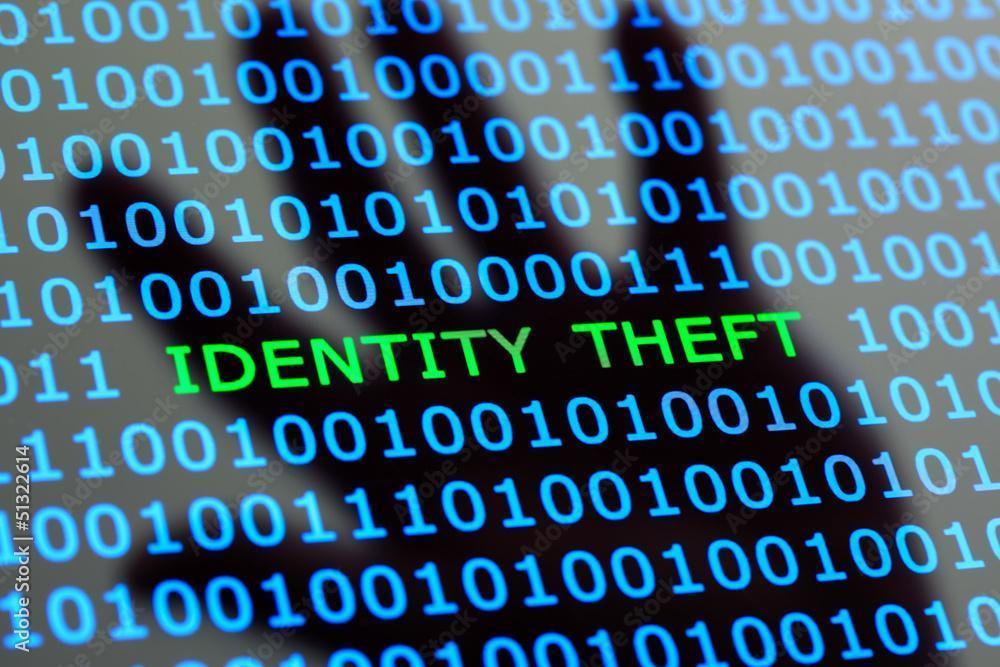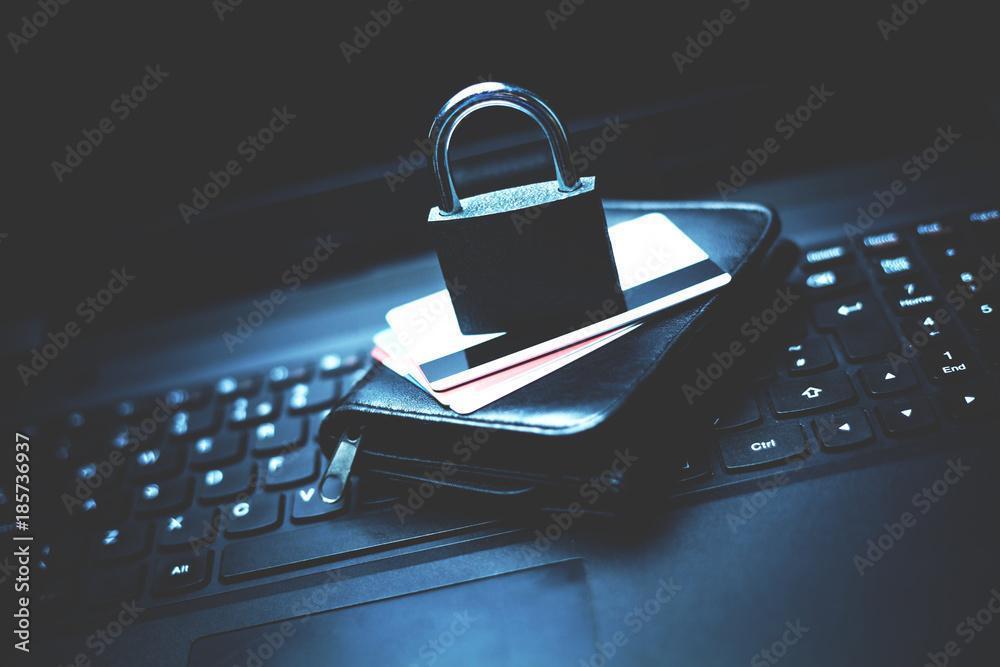The year is 2022 and you get a notification that someone has stolen your identity! One of the first thoughts that come to every victim’s mind is “How the HE-double-hockey-sticks did this happen”. Well to be quite honest with you, identity theft is not new and has been around for many years! If you haven’t experienced Identity Theft, consider yourself lucky.

According to a report
by Aite Group
“47% of Americans experienced financial identity theft in 2020”.
The report also mentioned that attackers
targeted the age range of 35 and 44.
This indicates two things to me:
1) We (Society) have not equipped our users (people) with the right knowledge & tools to protect themselves against threats like Identity Theft.
2) We (society) need to re-think the way we identity ourselves “online” to reduce the number of successful fraud attempts.
The Internet Advances Dailly.
Security Awareness Training Has Not.
If you are searching for a blog that will give you newfound techniques on how to prevent identity theft, please stop reading this blog now! Although I am writing this blog with the intention to raise awareness of identity theft and mention some ways to protect yourself, my biggest goal and hope is that this blog begins to change your perspective on the “internet”.
For many years society has viewed the internet as just a search engine or an app. Well, its evolved far beyond that, technology has bridged many gaps in so many industries that have made personal and business more convenient. However, what I noticed in my research was that although technology steadily increased over the last decade, our internet education and training did not. Ask yourself, “Did I receive any training related to security and how to use safely operated my smart device”. I challenge you to ask yourself this question as well, “Before I was issued a driver’s license, was I required to complete training and pass a test”.
THIS IS NOT ME advocating for us to be issued internet licenses, but making a point that some formal training needs to be required in order to use the internet. Well, that’s a bit extreme. What I am advocating is that we as a society begin “Security Awareness Training and Education” as early as secondary school to drastically decrease threats like Identity Theft in the future. Many times children have access to smart devices before they begin school, watching YT videos or educational learning on an app. But when does this child actually receive their first training on how to use the smart device safely? If I had to guess, I would say the majority of us receive our first security training when we are either in college (I hope) or our first good job (I’m praying). Think about the disadvantage you face, your behavioral habits are engrained.


What does “Indentity Theft” Include?
The definition of Identity theft is as defined “When someone steals your personal information to commit fraud”. Acts like applying for credit lines or obtaining medical services without an individual’s consent are considered identity theft.The most common tyes of identify theft are tax identity theft, medical identity theft, unemployment identity theft and fake death identity. These seemingly small acts can be very damaging to our personal life. they can cause you to not qualify for loans or programs that you normally would if you were attacked. I believe identity theft has evolved beyond that, I believe identity theft should include “an actor authenticating as an unauthorized user”. Whether or not your financial records are affected, your identity was compromised. Some signs of identity theft include mail from debt collectors you have no records of, open account from consumers you did not authorize, your credit score takes a big hit due to unauthorized activity.
Basic Identity Theft Protection Advice
Well, if you have been following me you know I preach “defense in depth” and proactive measures to decrease the likelihood of an attack or decrease risk to acceptable levels. The first thing I would recommend in preventing Identity theft is educating yourself (thanks for being here) then I would write down all your digital and personal assets you can think of on a paper from greatest to least importance (don’t type this). Writing it on a sheet of paper just makes it hit more in my opinion (lol). As you write these assets, think about how a negative impact such as tax identity theft could effect you. Then ask yourself “Am I prepared to respond to a negative event like this”. Even if the answer is yes, I want you to begin taking your online identity more seriously. Listed below are some defense in depth measures I recommend to my clients:
- Register for a credit monitoring service (not a free one)
- Use a P.O box for shipping everyday items like gifts, junk mail (adds layer of protection to identity)
- Shred shipping labels after you open packages (dumpster diving is a real thing)
- Have 4 credit systems
- 1) Everyday purchases
- 2) Large purchases
- 3) Travel
- 4) Emergency (try to never use debit card)
- Use a 3rd party (Paypal) when making transactions with unknown vendors (adds layer of protection)
- Always use a VPN when signing into sensitive records (prevents unauthorized access)
- Don’t share your personal information (SSN, IDs, Bank Account Information)
- Review your bank statements often for unauthorized activity

Cyber Hygiene Newsletter by OQP Solutions
Subscribe to our mailing list to stay up to date with all the latest trends, tips, tricks, & industry news. Coming Soon: Cyber Security Webinars.

0 Comments